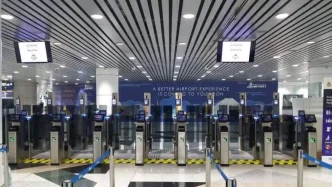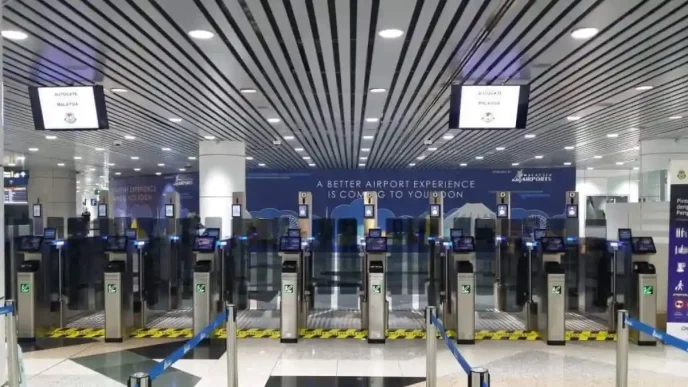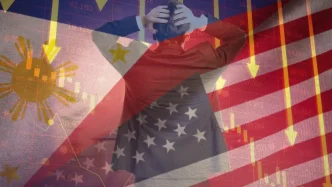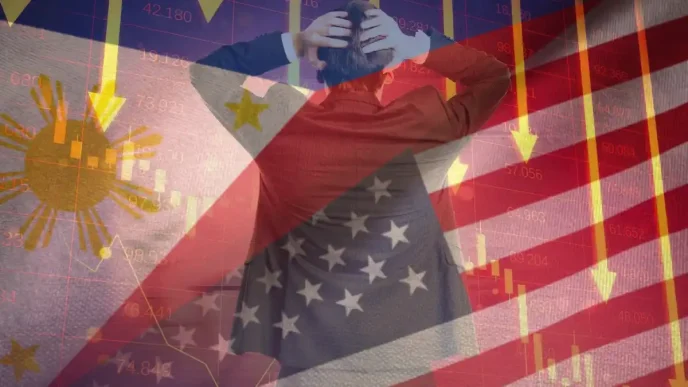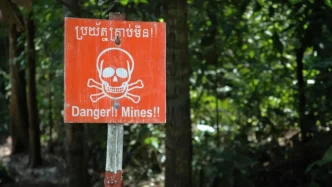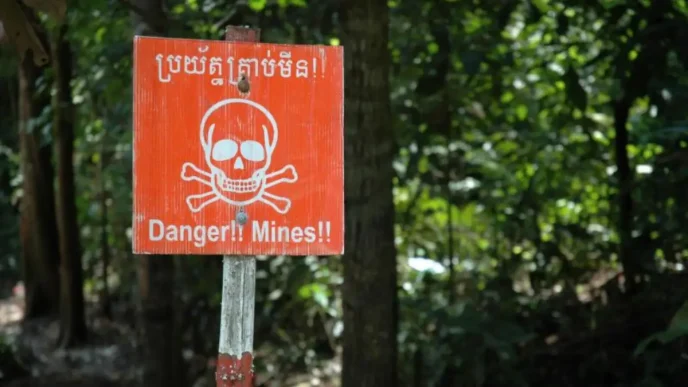Malaysia will not waver in its support for a free Palestine, Prime Minister Datuk Seri Anwar Ibrahim declared this week, reiterating the country’s steadfast commitment to the cause amid ongoing concerns over the crisis in Gaza. Speaking to the media after a book launch at the International Institute of Islamic Thought and Civilisation (Istac-IIUM) on Wednesday, Anwar underscored Malaysia’s resolve to stand alongside other Muslim nations in advocating for Palestinian liberation and rebuilding efforts.
“With concerns about Gaza, Malaysia will not change its stand on this issue. What is important is that Malaysia maintains its stance, as other Muslim countries,” Anwar said, responding to questions about the nation’s role in Gaza’s reconstruction. His remarks come in the wake of his announcement on 29 January that Malaysia would contribute to building a school, hospital, and mosque as part of its initial efforts to aid Gaza’s recovery from conflict.
This commitment, however, has sparked a spectrum of reactions within Malaysia, with some groups questioning whether domestic priorities should take precedence over international aid. Others have rallied behind Anwar, pointing to Malaysia’s historical involvement in post-crisis rebuilding in regions like Bosnia-Herzegovina, Timor-Leste, and Aceh following the 2004 Asian Tsunami. As a nation with a strong Muslim identity and a legacy of humanitarian outreach, Malaysia’s position on Palestine remains a deeply emotive and politically charged issue.
A Commitment Rooted in Identity and History
Anwar’s statement at Istac-IIUM, made during the launch of “A Malik Bennabi Reader” and the inauguration of the International Institute of Futures Studies, reflects a broader narrative of solidarity that has long defined Malaysia’s foreign policy towards Palestine. As a majority-Muslim country, Malaysia has consistently positioned itself as a vocal advocate for Palestinian rights, condemning Israeli actions in Gaza and calling for international action to address the humanitarian crisis.
The prime minister’s pledge to assist in rebuilding Gaza is not merely symbolic. The proposed school, hospital, and mosque aim to address critical infrastructure needs in a region devastated by recurrent conflict. While specific details on funding and timelines remain unclear, the initiative signals Malaysia’s intent to play a tangible role in Gaza’s long-term recovery. This aligns with Anwar’s broader vision of positioning Malaysia as a moral leader within the Islamic world, a stance that resonates with many of his domestic supporters.
Yet, the decision has not been without controversy. Critics argue that Malaysia faces pressing internal challenges—ranging from economic disparities to infrastructure deficits—that warrant immediate attention. “Charity begins at home,” one social media user commented, echoing a sentiment shared by some opposition voices. They contend that resources allocated to Gaza could instead address rural healthcare shortages or educational gaps in underserved Malaysian communities.
Supporters, however, view the commitment as an extension of Malaysia’s global humanitarian ethos. “We have always helped others in need, whether it’s Bosnia or Aceh. This is who we are as a nation,” said a Kuala Lumpur-based academic who attended the Istac-IIUM event. This perspective highlights Malaysia’s track record of aiding post-conflict regions, often framing such efforts as a point of national pride rather than a misallocation of resources.
The debate over Malaysia’s involvement in Gaza underscores a perennial tension in foreign policy: the balance between domestic imperatives and international obligations. Anwar’s administration, which came to power in November 2022, has sought to strengthen Malaysia’s standing on the global stage while addressing economic recovery and social cohesion at home. The Palestine issue, while unifying for many Malaysians, risks exacerbating divisions if perceived as prioritising symbolic gestures over practical governance.
Analysts suggest that Anwar’s firm stance may also be shaped by domestic political dynamics. With Malaysia’s Muslim majority forming a significant voter base, unwavering support for Palestine can bolster his coalition’s credentials as a defender of Islamic values. This is particularly relevant in a political landscape where religious identity often intersects with policy debates. However, if economic challenges persist—such as inflation or unemployment—public sentiment could shift, placing pressure on the government to refocus on internal issues.
On the international front, Malaysia’s position aligns with a broader movement among Muslim-majority nations to advocate for Palestine. Countries like Indonesia and Turkey have similarly voiced strong support, often coordinating through forums like the Organisation of Islamic Cooperation (OIC). Malaysia’s contributions to Gaza, if realised, could enhance its diplomatic influence within such networks, potentially amplifying its voice on other regional issues, from the Rohingya crisis to South China Sea disputes.
Challenges of Rebuilding in a Conflict Zone
While Malaysia’s intentions are clear, the practicalities of rebuilding in Gaza present formidable challenges. The region remains a volatile conflict zone, with infrastructure projects often disrupted by violence, political instability, and blockades. International aid efforts, including those led by the United Nations, have frequently faced delays due to restricted access to materials and funding. Malaysia’s proposed projects, while commendable, may encounter similar obstacles unless coordinated with larger multilateral initiatives.
Moreover, the scale of destruction in Gaza—where thousands of buildings, including schools and hospitals, have been reduced to rubble—requires billions in investment and decades of sustained effort. Malaysia’s contribution, though significant in symbolic terms, represents only a fraction of the need. Questions remain about how the school, hospital, and mosque will be funded, whether through government budgets, public donations, or partnerships with international donors. There is also the issue of ensuring that aid reaches its intended recipients amid concerns over governance and transparency in conflict zones.
If these challenges are addressed, Malaysia’s efforts could serve as a model for other mid-sized nations seeking to contribute to global humanitarian causes. Success would hinge on strategic planning, including partnerships with experienced NGOs and adherence to international protocols for aid delivery. Without such measures, there is a risk that the initiative could falter, potentially undermining Malaysia’s credibility on the issue.
A Broader Call for Solidarity
Anwar’s remarks at Istac-IIUM also carry a broader message of solidarity, urging other Muslim nations to maintain their focus on Palestine despite competing global crises. This call comes at a time when international attention on Gaza often wanes in the face of other conflicts, from Ukraine to Yemen. By framing Malaysia’s stance as part of a collective Muslim responsibility, Anwar seeks to reinvigorate a unified front—an ambition that, if realised, could reshape diplomatic efforts to address the Palestinian question.
For now, Malaysia’s commitment to rebuilding Gaza stands as both a moral statement and a political act. It reflects a nation grappling with its identity as a regional leader, a Muslim-majority state, and a global humanitarian actor. As Anwar navigates the complexities of this pledge, the eyes of both his domestic constituency and the international community remain fixed on how Malaysia will translate words into action.
The road ahead is fraught with uncertainty, from logistical hurdles to domestic dissent. Yet, if Malaysia can deliver on even a portion of its promises, it may carve out a lasting legacy in Gaza’s reconstruction—one that echoes its past contributions to global recovery efforts. For Anwar, the stakes are as much about reinforcing national unity as they are about cementing Malaysia’s place on the world stage.









